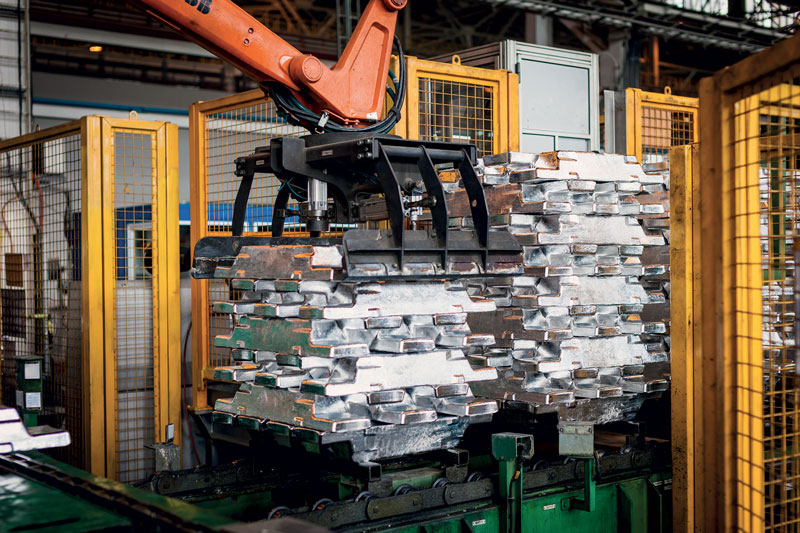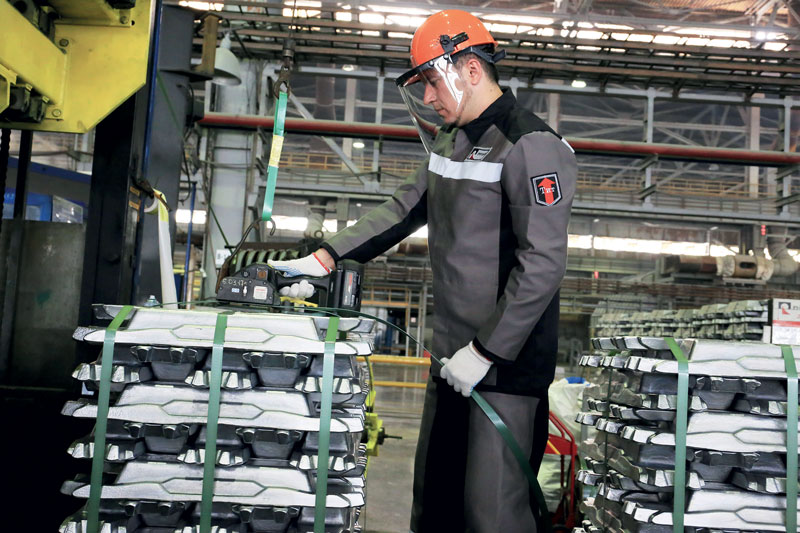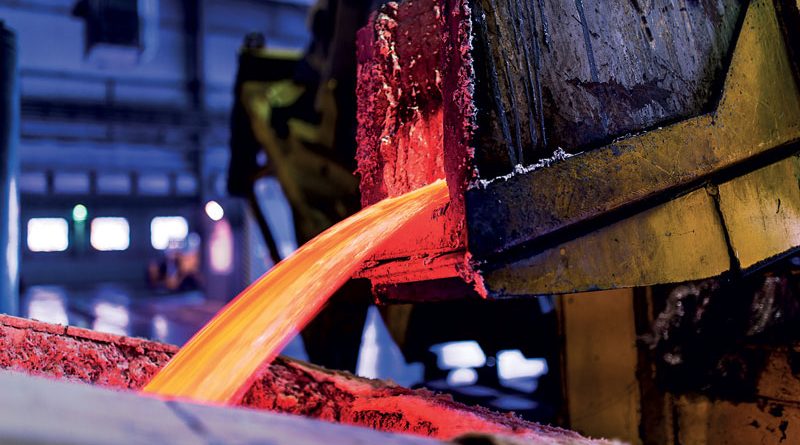Green aluminium: a Key Material for Zero Carbon Construction
Using low-carbon aluminium in building and construction is viewed as a key factor to decarbonise the economy and facing the climate emergency
The year 2020 was a particularly challenging one for primary aluminium producers. As we look with increasing optimism to a life beyond the pandemic, we ask ourselves how has COVID affected the ‘green’ recovery?
The answer is simple. Before the pandemic hit the world, aluminium held the title as the ‘metal of the future’ to build back better. Today, a year since the world went into lockdown, this mentality has not changed – it has strengthened. The pandemic has taught us how precious and treasured life is, and how we are at the mercy of our planet. Post-COVID, it has been realised by all stakeholders that inaction is not an option, we are living through a climate emergency; governments are looking for opportunities to direct investment into green solutions such as e-mobility, green construction, renewable energy and circular packaging. Furthermore, investors and customers are increasingly pushing us for answers to ESG issues asking us to reduce our social-environmental impact and minimise our carbon footprint across the whole supply chain. Consumer research shows that end users want manufacturers to be accountable for the carbon footprint of their products: 71% of UK consumers believe all companies should be obliged to disclose the carbon footprints of their products with 60% of US and 58% of German agreeing. Is it therefore surprising that this light, yet durable metal with 100% recyclability, is a key player in the route towards a more sustainable future?

Jerome Lucaes, Marketing and Sustainability Director at UC Rusal 
Primary aluminium ingots at Rusal’s Boguchansky aluminium smelter (BoAZ), Krasnoyarsk territory 
Rusal’s Sayanogorsk Aluminium Smelter (Eastern Siberia), Russia’s largest producer of aluminium alloys
Building and construction accounts for 30% of global energy-related CO2 emissions
Towards the end of this year, the UK will host COP26, a milestone event for climate action and ‘green’ recovery as policymakers, businesses investors, industry leaders and other stakeholders will convene to accelerate action towards the goals of the Paris Agreement and the UN Framework Convention on climate change. One of the issues raised will be where to focus efforts for the construction and renovation sector. Building and construction is viewed as a key sector to decarbonise the economy as it accounts for 30% of global energy use and 39% of global energy-related CO2 emissions. Aluminium’s unique properties such as its light weight, ease of extrusion to any shape and durability make it an ideal solution to the challenges facing us in construction. Aluminium remains the leading material as we look to drive forward with the post-COVID ‘green’ recovery. The metal offers additional benefits for the sector through its reduction of embodied carbon; using low-carbon aluminium can substantially reduce this by up to 20%, according to One Click Life Cycle Assessment software [1]. In commercial buildings with traditional structures and aluminium parts made with low-carbon aluminium, its carbon footprint can be reduced by 7%. Sustainability is at the heart of what we do at Rusal. Our major strategic objective is to make the Company the most efficient and green producer of aluminium in the world in terms of production and technology. And we are well on our way to achieving this and leading others in the industry. Our carbon footprint is one of the lowest in the industry: Bloomberg intelligence named us the cleanest aluminium producer, and in 2019, Vigeo Eiris ranked us in the top three Russian companies for our ESG rating. This is thanks to ALLOW, our cleaner, ‘greener’ aluminium brand crafted with renewable hydropower. ALLOW comes with an average carbon footprint of 2.4 tonnes of CO2 equivalent per tonne of aluminium produced (Scope 1&2, at smelter). In other words, this is five times lower than the global industry average of around 12 tonnes.
What remains key to our ethos is working closely with our partners across the aluminium value chain, to drive decarbonisation and transparency at all stages of the lifecycle of our products. We are continuously collaborating with industry leaders on technological developments that can help clean up the production process and empowering our customers to reduce the carbon footprint of their products.
Using low-carbon aluminium, alongside the focus on green construction projects and infrastructure will result in ‘kick starting the green innovation machine’ [2] and Rusal is leading the charge in this respect. Progress is being made, such as the World Green Building Council calling on the construction sector to reduce embodied carbon by 30% by 2030, but more still needs to be done. Together, we need to push for carbon footprint transparency, decarbonisation and working towards ‘green’ jobs with lower environmental impacts. We want all new buildings to operate at net-zero emissions by 2030 at the latest, and for all buildings to operate at net zero by 2050. Our long-term vision here at Rusal, is based on our ESG priorities and we continue to go the extra mile to minimise the environmental impact through our investments, particularly for the construction sector. There is no question that the forward-looking companies accepting a net-zero future and those innovating (whether that be investment in technological advancements) and taking responsibility will succeed.

